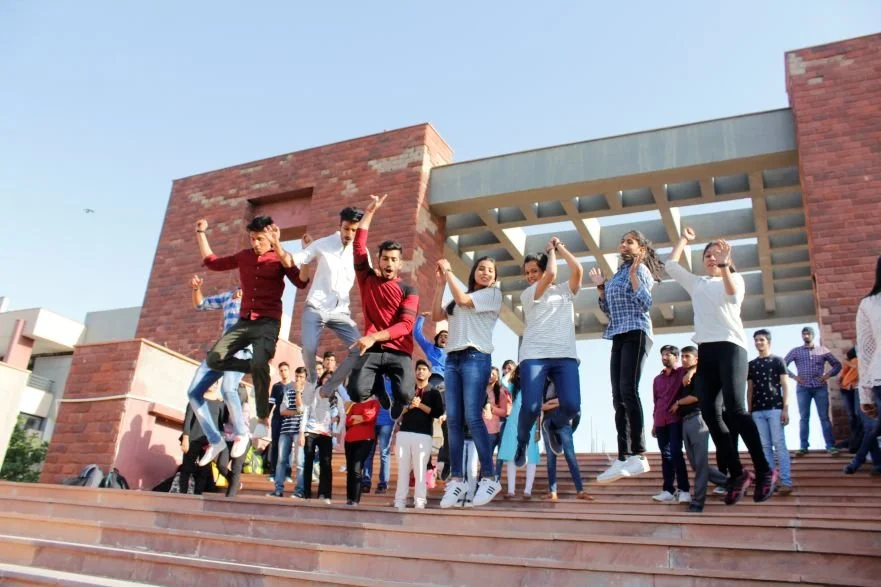Is Engineering still in demand?
Engineering: The key factors of India’s economy
Engineering is the wheel of human civilization. Even Gods have their engineer named Viswakarma. Since time immemorial, engineering took place in building the block of human society. Look at the Greeks and Roman, they have Hephaestus, Chinese have Erlang Shen.
Look at our mythologies; Nala (son of Viswakarma) took building the Bridge (Rameswaram Setu), Even Krishna invented boomerang. So engineering contributed a lot of potential and substantial support in making our culture from vaccination to ventilation, from biochemist to bombardment; engineering always stepped hand in hand with other fields of study. So if science is the intangible strength of nature, engineering is a dream come true.
Engineering is universal in our modern society, enabling every sector communication, entertainment, finance, healthcare, and more clear construction, transport, and manufacturing applications.
Engineering is the entryway for next-generation healthcare: engineering research offers enhanced quality of life for all, in addition to the well-established sector such as medical devices and medical imaging, the new and novel engineering reaching out to biological systems which will lead to central diagnostic, therapeutic, and regenerative medicine advances.
Engineering is essential for the well-being and economic growth of every nation. It’s Creative and dynamic, and it evolves continuously to meet the needs of human civilization. Human curiosity and experimentation lead to devise affordable solutions to the problems when resources are finite, and that’s the art of engineering.
Engineering for the 21st century
Engineering provides a way to convert research into new and improved products and services that can substantially contribute to the economy. We will have to increase our intellectual abilities and creative talent to take advantage of this opportunity.
Engineering is vital to all the sectors prioritized in the government’s industrial strategy, which builds on our existing aerospace, pharmaceuticals, software, and computing courses strengths. Various case studies demonstrate genuine advances made possible only through engineering research across the priority sectors, including healthcare, renewable energy, aerospace, communication, and automotive.
During the last 20 years, engineering has changed dramatically. Emerging technologies now provide essential opportunities for future growth. The boundaries between traditional disciplines are becoming thin and blurred as many of the exciting discoveries and developments are made at these boundaries.
Excellent and highly efficient
India’s engineering research is now world-class, a fact reflected in the Chambers and Commerce. A significant percentage of research outputs submitted to the five engineering-related units of assessment were classified as ‘ world-leading or internationally excellent. Over one and a half times of the world average, the citation impact of India’s engineering research has been robust over the last decade relative to countries such as the Japan, US, Germany, and Canada. This is despite the activity level of engineering research in this country being only half the world average and emerging economies like China, Indonesia, and Malaysia. A high level of activity would undoubtedly enable even more outstanding achievements for India, but it will depend crucially on the level of funding available to support it.
The technology can only eradicate all biased from the earth that can eliminate hunger and poverty. So an engineer is someone who creates a world that is driven by the power of imagination and transformation.











